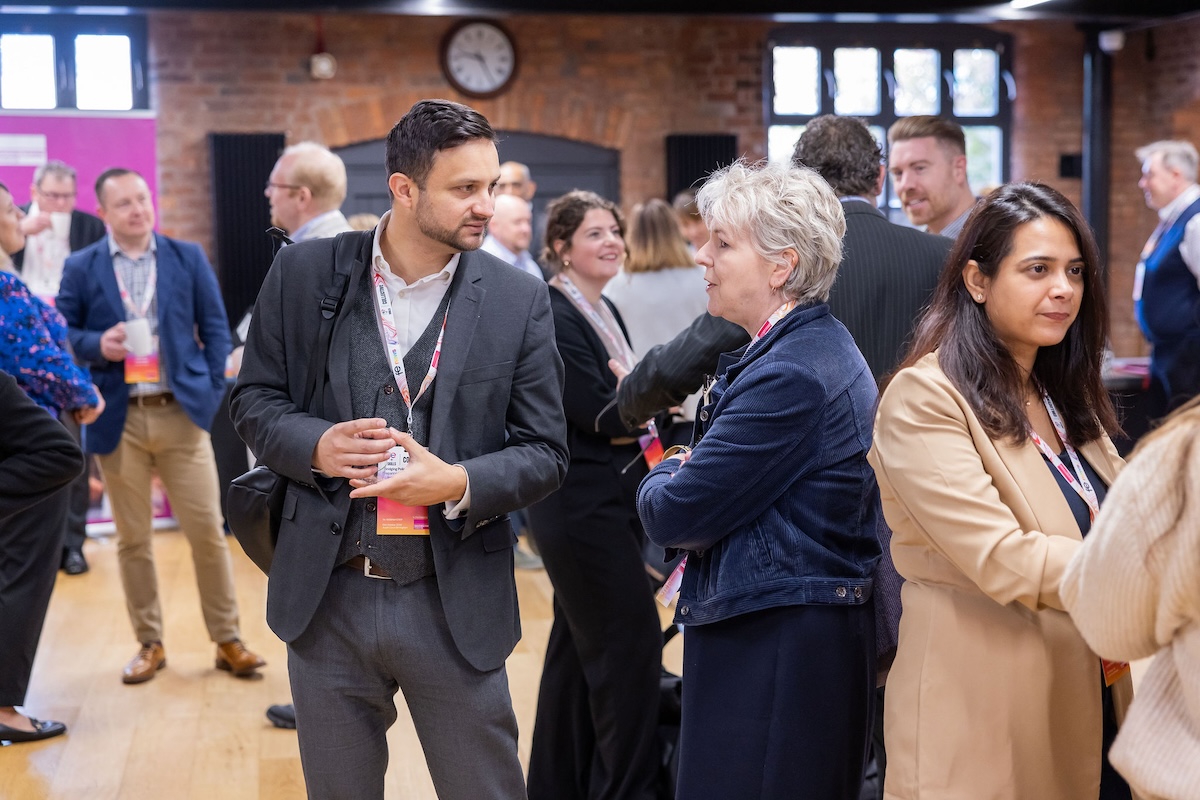Why Does Your Leadership Need to Evolve?

Over the years I have interviewed some of the best leaders, emotional intelligent and successful in various facets of life and business. Many of them did not appear to learn through getting every step taken being correct, they learnt through things not working out as they hoped. I asked many of them, not all, ‘How has your leadership changed over the years?’ Most of them agreed it had. It was clear that their success came from their willingness to be self-aware. To understand that most of the time, it was them that was in the way of the success of their team, when they changed a style or reaction, they in turn produced a different outcome.
At the time of writing this article I also met with the CEO of one the best organisations I ever worked for. As we talked, I could see that actually he had not changed very much at all. He had held the organisational culture and values close; he was able to see big picture and continued to recognise that while his default was to be introverted that he continued to push himself to be the face of the business with innovative ways to engage the ever-growing workforce. He was both steadfast while also evolving consistently.
So, while I usually know the outcome to an article that I am due to write I started to think differently about what part of leadership really does need to evolve, if at all?
In July, I ran a two-day team day. The senior leader of the team (with 25 years’ experience) had tasked his team with an activity. He told them verbally in a group call and also followed up in writing prior. When they came on the day, it was a mix of responses. What was clear though was that they all had not really understood the brief. When they broke off into activities, he asked me whether he had delivered it poorly. I asked him if he thought anyone got it at all and if not, then maybe it was worth considering the structure of the communication. He accepted it, he knew that while it would have been easier for the fault to sit on the failure of the end result from his team, he had to adapt and tune into his communication to get them to deliver for them and for him.
You may believe, like me that every road has an end, that we start something and then we end something, it is simply stages of life. The idea that I would need to consistently evolve my leadership forever seems like an endless piece of hard work. We like to imagine that; we go on a course; I learn a bunch of stuff and hey presto I’ll be a great leader. But as you can see from even the small example of my client this week, I feel I am still drawn to the conclusion that our style and leadership continue to have to evolve not for our sakes, but for the support of our people that rely on us to lead them.
My biggest observation of leadership though is that ego is very present whether in yourself or in those around you, it is battling this and attempting to keep it small. This is a key to getting those different outcomes that we all desire and evolving to be the greatest leader.
So, what difference does the evolution of leadership actually have:
For you
My old CEO that I met with in July, he bought up something that made me consider the evolution as leaders, he talked about his blind spots. The idea that we are simply unable to see all the things, all of the time. He had someone who was completely different to him that he valued their opinion to tell him where he was missing something and would in turn look around, so to speak. It is obvious and written in many leadership books, your team must be diverse but the reality of this and how you manage that push back/feedback/personal development is more challenging in reality.
The leaders I have spoken with over the years who recognise a change in leadership style and continue to adapt dependant on the circumstances, were personally benefitting. They were more self-aware, tuned in to the effect they had on people and subsequently appeared to have better relationships in and out of work. Being a better leader, whether in your planning or execution, it will in the long term benefit you and your own wellbeing.
Top tips:
- Find a person who can show you the blind spots.
- Look at what your team and organisation need, consider yourself and if and how you can support that for them
For your people
As a leader, the team you manage, you are holding them in your hands. When you walk you must treat them with care, to remember that they are fragile cargo. The issue is, some are eggs, some potatoes and others are bananas and you have to work out how not to bruise or break them when carried together. It means the way we support them or carry them must be unique, considered, and we only can do this when we learn to evolve our leadership style. Your people will also change in themselves; they will go through personal situations that in time will change the very wiring of their brains. We have to consider how we lead and support our people though this. We want to believe this is none of our business, someone’s personal life is not their work life, however they are one in the same if you want to be a great leader and produce the best team. When you support in someone’s personal development you truly are a memorable and great leader.
Top tips:
- Take an interest in peoples hopes and dreams without judgement
- Suggest a 360-degree feedback process (that is fun and consistent)
For them
Your team impact the wider organisation, the way they speak, interact and the outcomes that they deliver. They are of course a product of their own lives and experiences in workplaces and often at home, but they are ultimately a product of you. As a leader, that is a lot of pressure, but like parental relationships, we look to our parental figures to provide through example, ways for us to interact and behave. They then go out into the organisation and spread whatever mindset you provide them, way of speaking, emailing and so forth. What you do for your team, impacts the organisation.
Top tips:
- As a leader – live by what you are promoting
- Gain feedback from other departments on how to engage with them
For the world
Maybe it feels dramatic to you that the evolution of your leadership style might impact the world but I believe it truly does. Let me share with you a story that shares this idea…
I completed a talk the other week; it was at a book festival and afterwards I was approached by a lady and her mother who invited me for a cup of tea. (If you ever meet me, and want to hear about my work, I can always be bribed with tea, particularly if cake is involved.) She spoke to me about the parts of the talk that impacted her but also about her own work which was incredibly interesting.
She then shared with me about the ideas of the ripple effect. That there is recent research discovering that ripples in fact turn back on themselves and back out again with a tiny jolt. (More info) The point she was making was that each act we take does not in fact just ripple out but comes back on us also with the unexpected actions of others. This is true within our leadership, we ripple out to our people, to the organisation and to the world as a whole with whatever impact our work takes.
If you spend some time to meditate who you impact, whether through the products, the people you work for, that work and the wider community. The ripples go out but they also back to impact your world again. We are so interconnected with each action we take, our leadership at every section of society has an impact. When we know that, remember it, we understand the need to adapt and evolve in our leadership style to meet the needs of the immediate world around us and the wider world and its future.
By Nahla Summers, Cultural Change Consultant, Workshop leader and Public Speaker, A Culture of Kindness











Responses